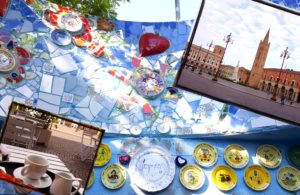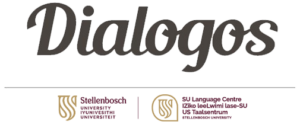Sanet de Jager, a Language Centre interpreter, took part in the University’s mobility project, through which SU students and staff can participate in exchange programmes for international exposure. Sanet spent three months at the University of Bologna in Italy, and we recently caught up with her and asked her to tell us a bit more.
How did it all happen?
“I first heard about the exchange from our director, Dr Kim Wallmach, at an Interpreting Service research portfolio meeting. I applied for the Erasmus+ exchange with the International Office and a month later, in May 2019, I found myself in a country steeped in history, where a wealth of research has been done, and where one-euro espressos abound. My role in the exchange was two-fold: I went in my capacity as interpreter at the Language Centre (LC) to make valuable connections and exchange knowledge on best practice, and I went in my capacity as student to do research for my master’s in translation. My research involves a case study on the differences in intonation between interpreted and normal speech.”
Where were you based?
“The Department of Interpreting and Translation (DIT) of the University of Bologna is located in the Romanesque town of Forlì about an hour’s train ride from Bologna. That was the place I called home. Chatting to my coordinator Prof Mariachiara Russo, it became clear that ‘language politics’ is not a phenomenon unique to South Africa. The University often receives exchange students and as a result teaches some of its classes in English – a cause for raised eyebrows in a country that encourages mother-tongue access to education for its citizens.”
What did you do there?
“Dr Wallmach and I had the privilege of sharing with them in a presentation on how Stellenbosch University (SU) tackles the issue of multilingualism and how the LC offers multidimensional solutions to language challenges, with one such solution being educational interpreting. I spoke about the day-to-day activities of an educational interpreter, sharing our quality assessment measures, our training, scheduling, and up-to-date research on the role of the interpreter. The DIT seemed particularly interested in our Interpreting Service, so much so that Prof Russo visited SU at the end of July to experience educational interpreting at first-hand and to investigate the potential of starting an interpreting pilot project at the University of Bologna from within the DIT.”
And your studies? Are you happy with your progress?
“Prof Russo is a professor at the DIT and has published extensively on aptitude testing for interpreting, among other things. I enjoyed speaking to her and Prof Motoko Ueyama, a researcher on second-language intonation, about my MA research, investigating the implications of intonation on the quality of the interpreting product and how sentence-level intonation affects comprehension and information structuring. I have already completed my data collection in the form of recordings among my own colleagues, and I have recorded and incorporated the contributions of Profs Russo and Ueyama. Coupled with my three months’ hands-on experience of drinking coffee like an Italian, I believe I’m well on my way to finding answers to my research questions and establishing new universals in interpreting.”




